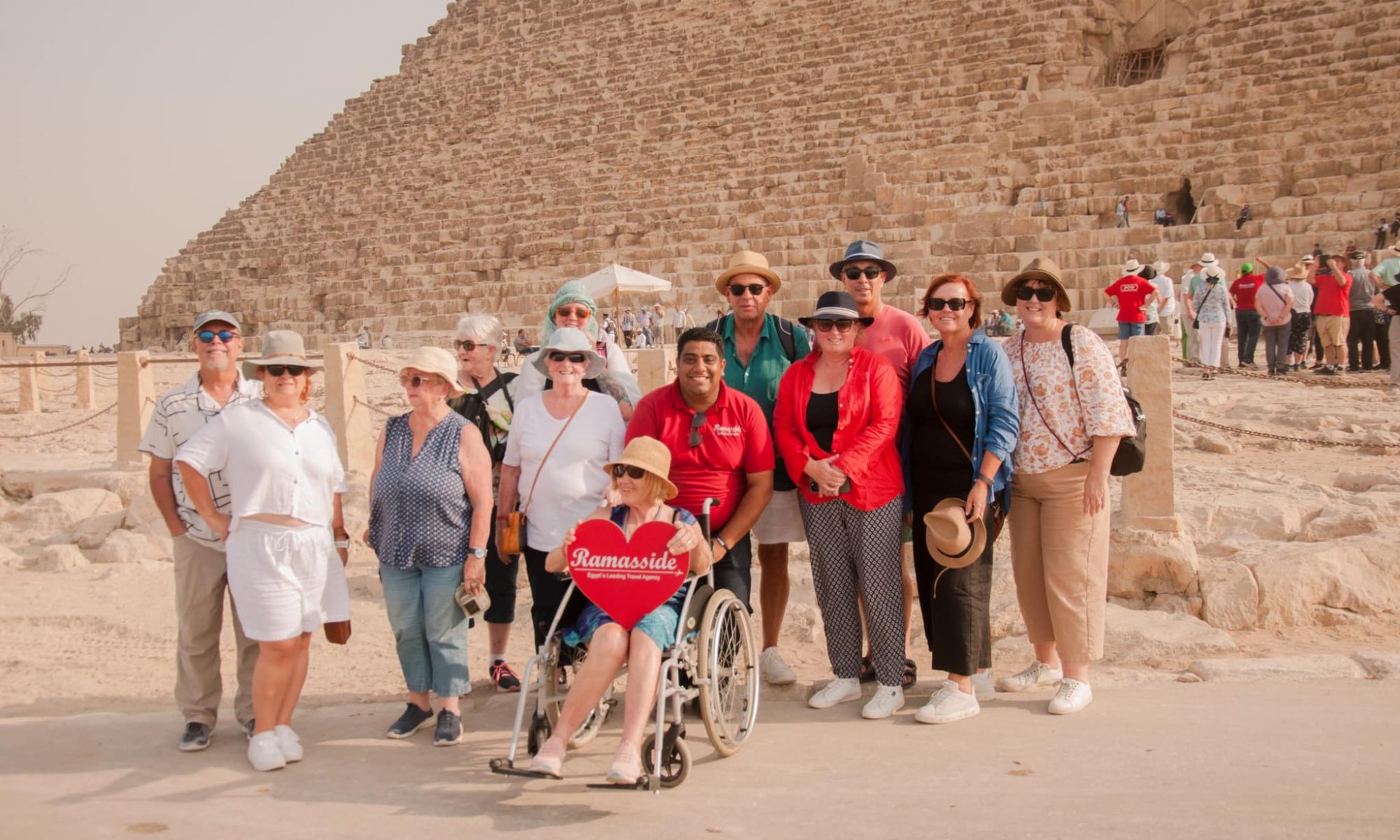
The ancient city of Alexandria, Egypt, is renowned for its rich history and contributions to the intellectual and cultural development of the world. At the heart of this historical city stands a modern marvel that pays homage to its illustrious past – the Bibliotheca Alexandrina, or the Library of Alexandria. In this blog post, we will embark on a journey to explore this remarkable institution, its historical significance, and its ongoing role as a beacon of knowledge and culture in the contemporary world.
1. A Resurrected Legacy
The Bibliotheca Alexandrina, often referred to as the New Library of Alexandria, is a contemporary reconstruction of the ancient Library of Alexandria, one of the most famous libraries in the ancient world. The original library, founded in the 3rd century BC, was a center of learning and scholarship, attracting scholars, philosophers, and scientists from all over the ancient world.
2. A Modern Architectural Marvel
The modern Library of Alexandria, inaugurated in 2002, is a testament to contemporary architecture. Its striking design, which draws inspiration from ancient knowledge and wisdom, has made it an iconic landmark in Alexandria. The sun-shaped roof and the magnificent reading room are architectural wonders that symbolize the rebirth of a center for learning and research.
3. A Hub for Learning and Research
The Bibliotheca Alexandrina houses a vast collection of books, manuscripts, and digital resources, making it a hub for learning, research, and cultural exchange. Its diverse collections cater to a wide range of academic disciplines, from history and science to literature and the arts, and it serves as a vital resource for scholars and researchers.
4. A Cultural Center
Beyond its role as a library, the Bibliotheca Alexandrina serves as a dynamic cultural center. It hosts a variety of cultural events, including lectures, art exhibitions, and performances, making it a vibrant space for cultural exchange and creativity.
5. A Beacon of Multilingualism
One of the library’s unique features is its multilingual character. It hosts various collections in languages such as Arabic, English, French, and many others. This multilingual approach fosters a sense of global inclusivity and encourages international collaboration.
6. Preserving History and Heritage
The Bibliotheca Alexandrina is committed to preserving Egypt’s cultural heritage. It houses the Manuscript Center, dedicated to the restoration and digitization of ancient texts and manuscripts. This work not only safeguards these priceless artifacts but also makes them accessible to a global audience.
7. An Icon of Peace and Tolerance
The library’s founders envisioned it as a symbol of peace and tolerance. It strives to promote dialogue and understanding among different cultures and religions. The Conference Center within the library is a hub for international dialogues, fostering collaboration and peace on a global scale.

